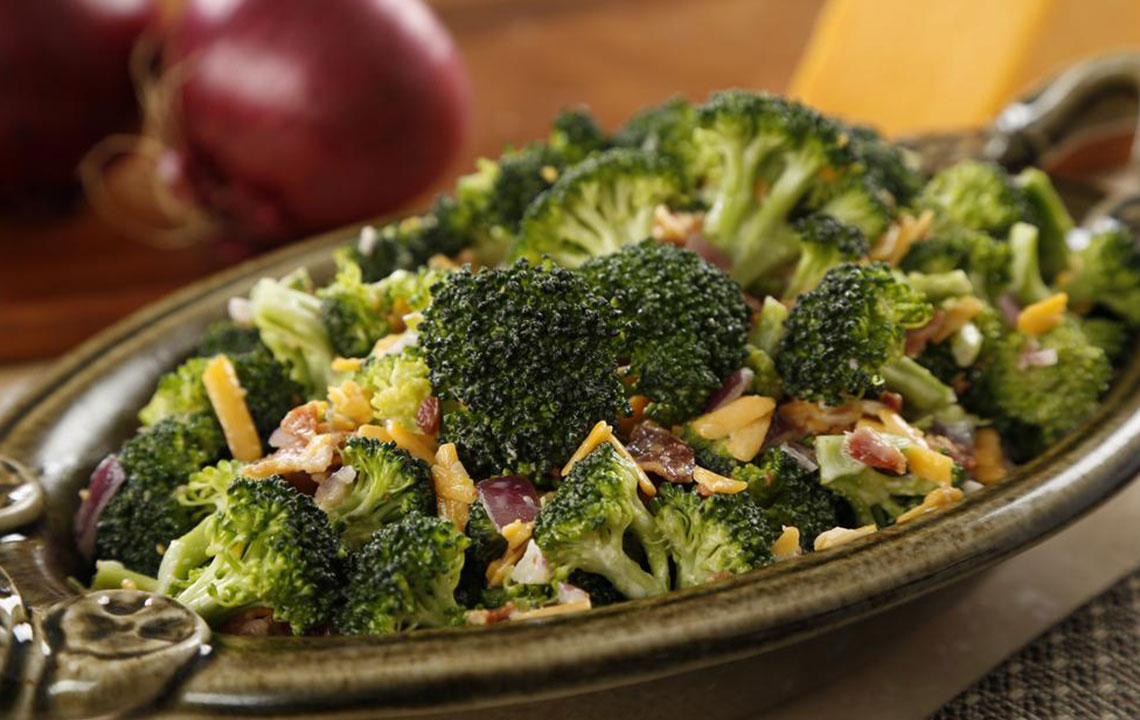Comprehensive Dietary Approaches to Effectively Manage Irritable Bowel Syndrome (IBS)
Discover comprehensive dietary strategies to effectively manage Irritable Bowel Syndrome (IBS). Learn about the benefits of fiber, the importance of a gluten-free diet, and personalized approaches to reduce inflammation and alleviate symptoms. This article offers detailed advice to help you improve your digestive health and enhance quality of life through thoughtful nutrition choices.

Comprehensive Dietary Approaches to Effectively Manage Irritable Bowel Syndrome (IBS)
Irritable Bowel Syndrome (IBS) is a widespread gastrointestinal disorder that affects millions globally. Characterized by a range of uncomfortable symptoms—including irregular bowel movements, persistent stomach discomfort, and abdominal pain—IBS can significantly impact an individual's daily life. While there is currently no single cure for IBS, dietary modifications coupled with medical interventions remain the cornerstone of symptom management. Understanding the relationship between diet and IBS symptoms is crucial, as certain foods can exacerbate inflammation and discomfort, while others can promote healing and relief.
In this comprehensive guide, we will explore effective dietary strategies that can help individuals better manage their IBS symptoms. From increasing fiber intake to adopting specific dietary restrictions, these approaches are designed to reduce inflammation, prevent flare-ups, and improve overall gastrointestinal health. Whether you're newly diagnosed or have been managing symptoms for years, implementing these nutrition-based strategies can significantly enhance your quality of life.
Enhance Your Fiber Intake Thoughtfully
Dietary fiber plays a vital role in supporting a healthy digestive system. It helps regulate bowel movements, prevents constipation, and can reduce inflammation associated with IBS. Including high-fiber foods such as fruits, vegetables, whole grains, nuts, and seeds can be beneficial. However, it's important to choose the right type of fiber and consume it in appropriate amounts to avoid aggravating symptoms, especially for those prone to gas and diarrhea.
Prioritize Soluble Fibers for Gentle Relief
Soluble fibers dissolve in water, forming a gel-like substance that eases digestion and helps soothe irritated intestines. Foods rich in soluble fiber include oats, apples, pears, berries, carrots, and sweet potatoes. Introducing these foods gradually into your diet can help combat inflammation, reduce bloating, and improve stool consistency without overwhelming sensitive digestive systems.
Adopt a Gluten-Free Diet When Necessary
For many individuals with IBS, gluten sensitivity can trigger symptoms. Eliminating gluten-containing grains such as wheat, barley, and rye may lead to marked improvements in discomfort, abdominal pain, and inflammation. A gluten-free diet emphasizes naturally gluten-free foods like rice, corn, quinoa, and certified gluten-free products, which can help manage symptoms effectively. Consulting a healthcare professional or dietitian is recommended before making significant dietary changes.
Beyond these primary strategies, it's essential to recognize that IBS triggers vary considerably among individuals. A meticulous food diary can help identify specific foods that worsen symptoms, enabling you to tailor your diet accordingly. Common triggers like fatty foods, caffeine, spicy ingredients, and processed snacks should be minimized or avoided based on personal sensitivities. By adopting a personalized diet plan that emphasizes anti-inflammatory foods and avoids known irritants, individuals can gain better control over their IBS and enjoy an improved quality of life.
In conclusion, managing IBS effectively through targeted dietary strategies involves a combination of increasing beneficial nutrients, eliminating specific triggers, and paying attention to individual responses. Incorporating soluble fibers, exploring gluten-free options, and maintaining a food diary can empower individuals to make informed dietary choices. These steps, along with guidance from healthcare providers, can lead to significant reduction in symptoms, improved digestion, and enhanced overall well-being. Remember, patience and consistency are key when implementing new dietary habits for managing IBS symptoms.





